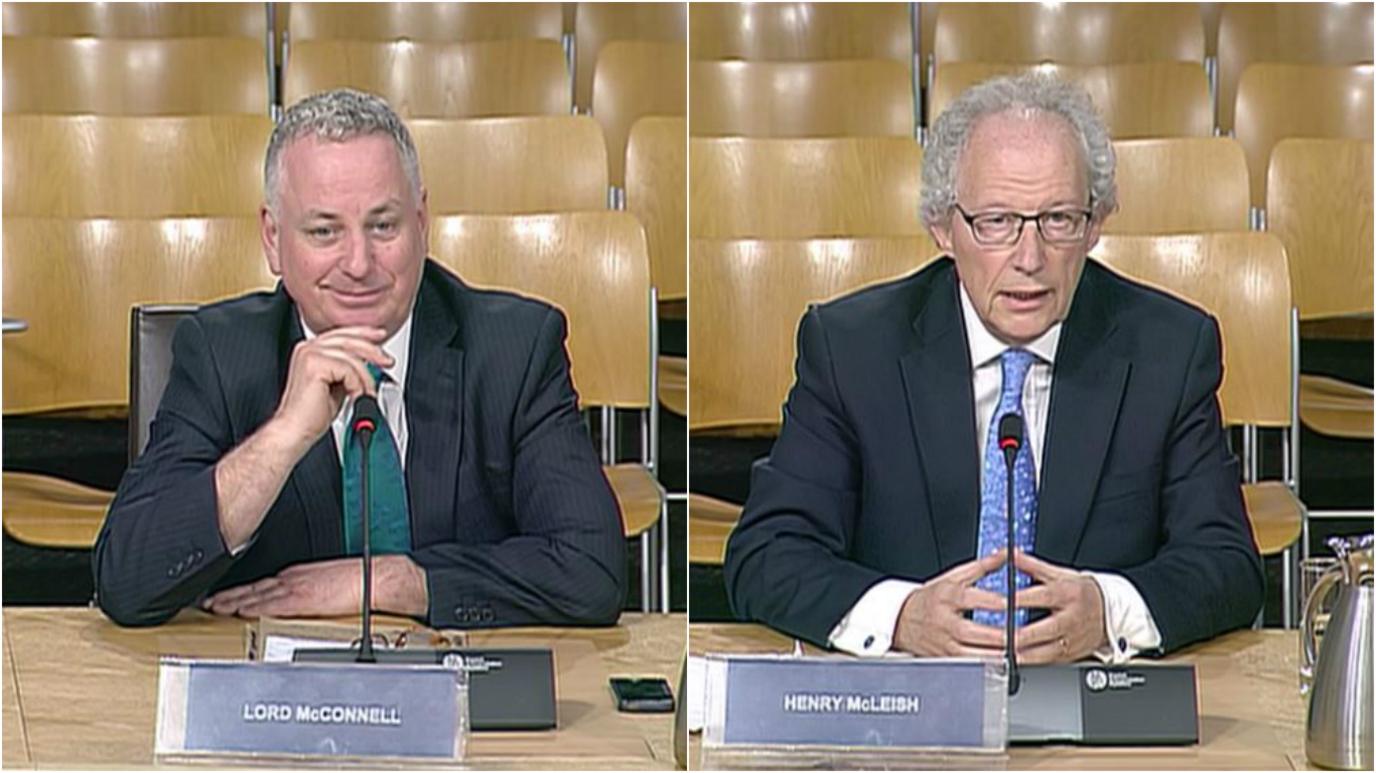Salmond: Parliaments must remain accessible to public
- Published
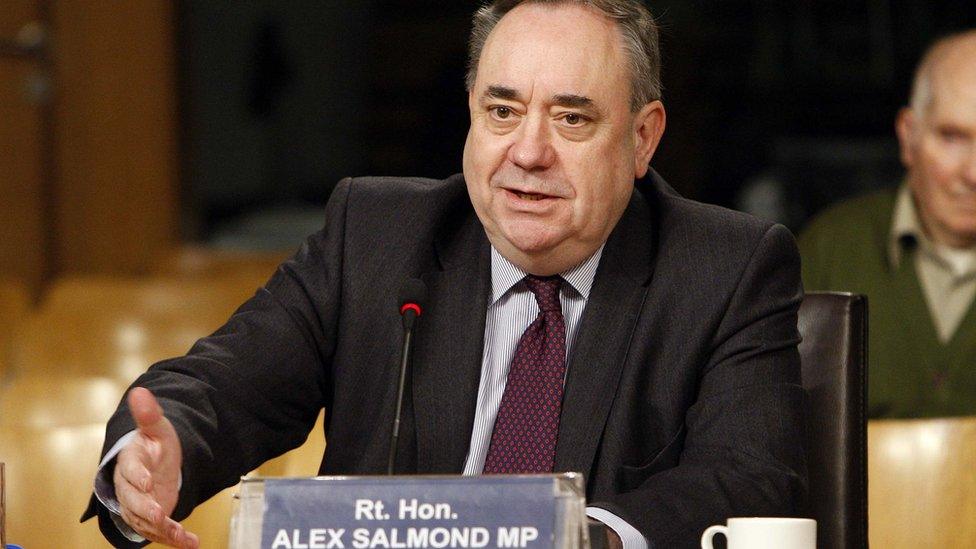
Alex Salmond said "the show has to go on for the people"
Former First Minister Alex Salmond has said the public must still have access to parliamentarians, in the wake of the terror attack at Westminster.
Mr Salmond was giving evidence to the Commission on Parliamentary Reform at Holyrood days after the London attack.
Questions have been raised about security at Westminster after the fatal incident on Wednesday.
The MP said security was important to prevent "tragedies", but said "the show has to go on for the people".
Five people were killed, including attacker Khalid Masood, and at least 50 people were injured in the attack near the Houses of Parliament.
Questions have subsequently been asked about security and whether the attack could have been prevented, although several MPs have warned against turning the parliament into a "fortress".
'Constant challenge'
During an evidence session on parliamentary reform at Holyrood, Mr Salmond said it was important to balance security concerns with allowing the public access to politicians and parliament.
He said: "Accessibility is increasingly challenging, as we saw from the tragic events at Westminster.
"The decision to build the [security] annexe in this place was looking specifically at the danger of a knife attack.
"It's the challenge of balancing necessary security and accessibility.
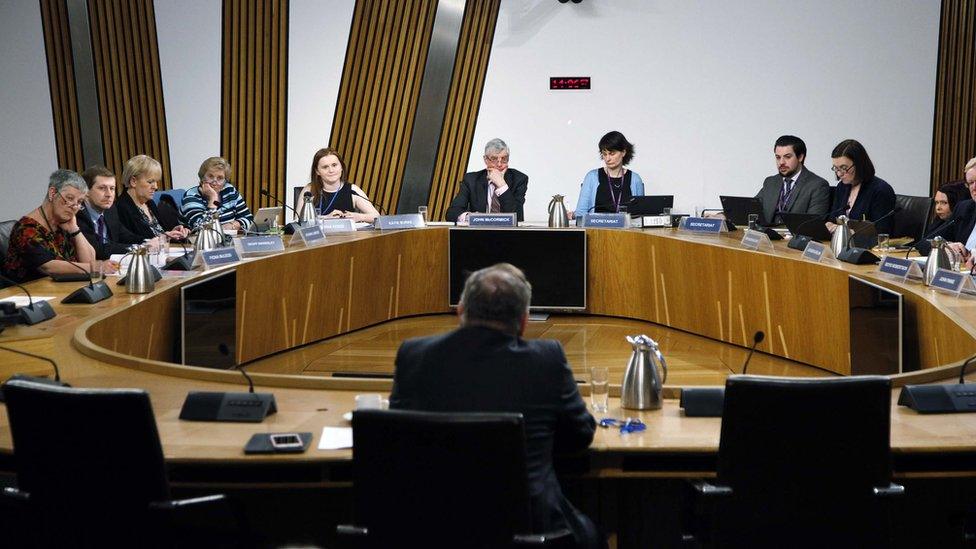
The Commission on Parliamentary Reform is due to report back to the presiding officer in June 2017
"Direct public accessibility in the modern world is a constant challenge, but it can be done and must be done, because if a parliament is not accessible it can't be a parliament."
He added: "At the end of the day, the show has to go on, and the show has to go on for the people.
"People have to have access to their parliamentarians, and therefore security provision to do our best to prevent tragedies like the one that occurred this week are necessary, but cannot stop public access."
The independent Commission for Parliamentary Reform was set up by Presiding Officer Ken Macintosh to give Holyrood an "MOT", and is being led by former Electoral Commissioner John McCormick.
Extra powers
It has previously heard from Mr Salmond's fellow former first minsters Jack McConnell and Henry McLeish, who called for "radical" changes to the parliament and its electoral system.
Mr Salmond agreed with their call to have elected committee conveners, something he called "perfectly feasible".
And he backed a suggestion by Mr McLeish that the number of MSPs could be increased, arguing that Holyrood was likely to take on extra powers in future, either due to extra devolution as a result of Brexit or via Scottish independence.
The Aberdeenshire MP said a "relatively modest" increase in the number of elected members could help committees scrutinise the work of government, although he suggested changes to the current additional member electoral system, which currently sees 56 members elected from eight regional lists.
He said: "I think the lists should be national, as opposed to geographical. I've never been convinced by the regional aspect of the list, I see absolutely no reason why the list shouldn't be national. And in that national list, the political parties should put forward a list which is balanced across the community."
The commission is expected to report back to the presiding officer in June 2017.
- Published24 March 2017
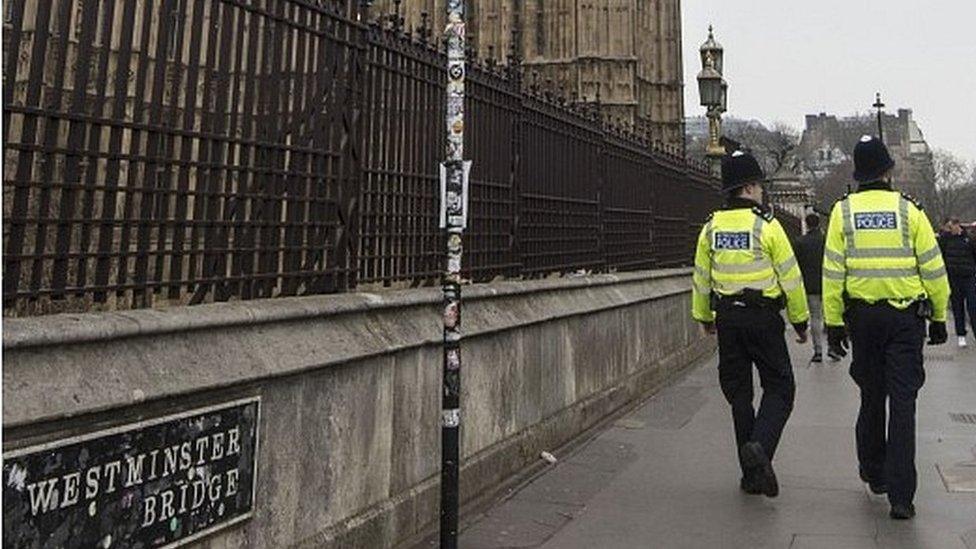
- Published7 April 2017
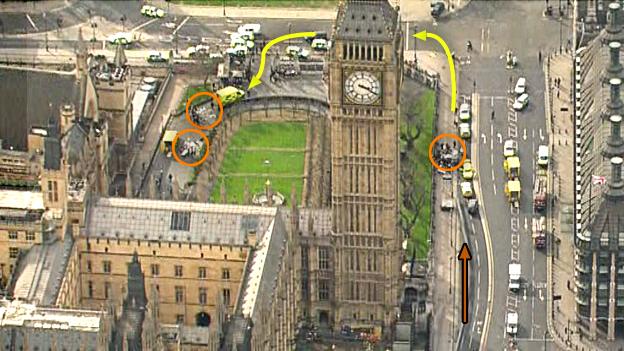
- Published16 January 2017
